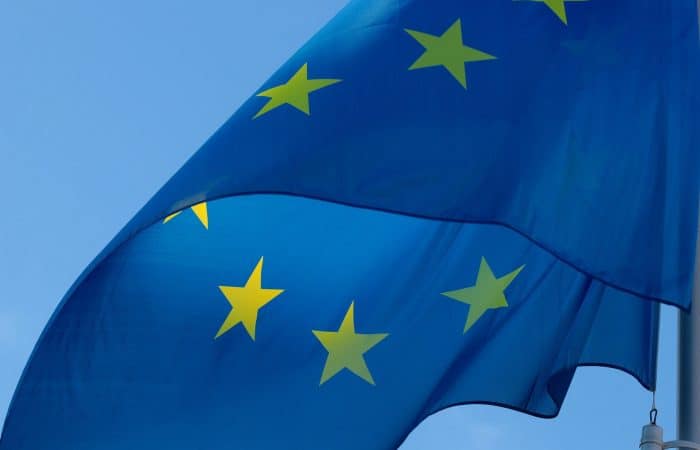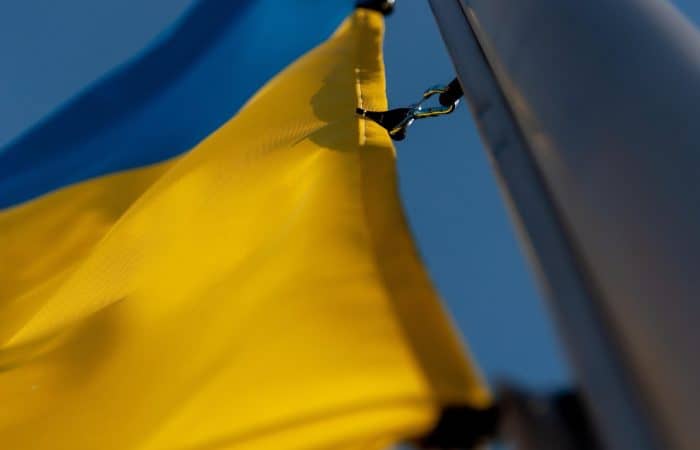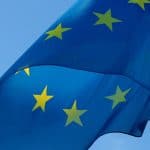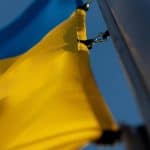Less than two weeks after the Council extended the sanctions framework relating to Turkey’s drilling activities in the Mediterranean the Parliament has called for further sanctions against Turkey.
Background
In 2019 the EU adopted a legal framework allowing sanctions to be imposed in relation to Turkey’s drilling activities in the Eastern Mediterranean. The sanctions framework was adopted as result of Turkey’s continued hydrocarbon exploration and production within Cyprus’ territorial sea, exclusive economic zone (EEZ) and continental shelf.
The framework allows the EU to impose targeted measures in the form of an asset freeze and entry ban to the EU against individuals and entities responsible or involved in the drilling activities. Individuals and entities that provide financial, technical or material support in relation to these activities may also be subject to the restrictive measures.
In addition, the framework also prohibits EU persons and entities from satisfying contractual claims and making economic funds and resources available to individuals and entities subject to the measures, or otherwise participating in activities that circumvent these measures.
Currently two individuals are subject to these sanctions. On 27 February 2020, the Vice-President and board member of the Turkish Petroleum Corporation (TPAO) and the Deputy Director of the Exploration Department of TPAO were listed under the framework. Both have been found responsible for planning, directing and implementing TPAO’s offshore hydrocarbon exploration activities.
As Turkey’s seismic explorations have continued through past year, on the 6 November 2020, the EU council decided to extend the sanctions framework for another year. It is therefore now in force until 12 November 2020.
Despite the actions taken by the EU, the Parliament has called for more action against Turkey’s drilling activities. As such, on the 18 November 2020 the Parliament adopted a resolution calling upon the Council to impose further sanctions against Turkey.
Given the latest developments, the Council is expected to list additional individuals and entities involved in the on-going drilling activities as well as prepare further measures against Turkey.
What does this mean for EU companies
The sanctions landscape concerning Turkey continues to see rapid developments. EU companies are urged to assess their risk exposure and follow the developments closely. The companies involved or engaged in activities that may directly or indirectly be affected are particularly advised to carefully consider the potential impact of these measures, and adapt their compliance procedures accordingly.
More information
For more information on this please contact Kneppelhout’s Customs, sanctions and export control specialists:




